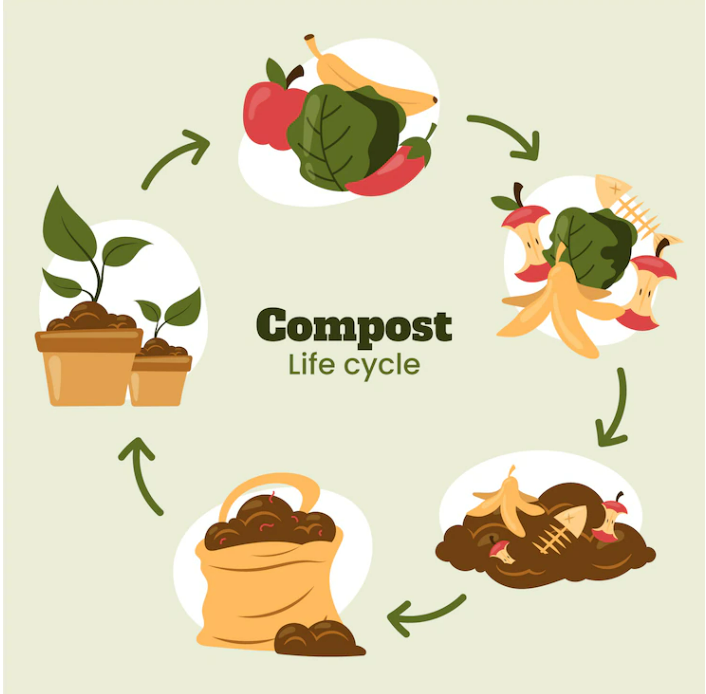National Free Service Email: info@spairobot.com

Get A Quote
Do Compost Heaps Attract Rats and How to Stop It?
Do compost heaps attract rats?While composting is beneficial for both the garden and the environment, it carries the risk of attracting unwanted critters. Rats, in particular, pose a challenge as their presence can lead to home damage, destruction of compost containers, transmission of diseases, and potential contact with pets or family members. The last thing you'd want is for your composting efforts to inadvertently expose your household or roommates to the risks associated with rats. Fortunately, there is a diverse range of compost bins available, and we're here to guide you in selecting the right option to deter rats from your compost. Explore these effective rodent-proof compost choices along with answers to your pertinent questions.
Dose Compost Attract Rats?
The allure of compost for rats lies in its abundant food supply and its potential as a haven for shelter and warmth. Rats are drawn to the food scraps within the compost, providing them with a readily available meal. Additionally, brown organic materials such as leaves and paper offer an excellent nesting environment for rats. The heat generated during the composting process further enhances its appeal as a suitable shelter for these rodents. While composting indoors significantly reduces the likelihood of encountering rats in the compost, there remains a notable risk of attracting them to outdoor compost setups.
How to Avoid Compost Attract Us?
Before you venture further, it's crucial to recognize that merely acquiring a rat-proof compost bin might not suffice. Here are the top 10 tips to safeguard your compost piles from rats, along with insights into composting practices that won't attract rodents in the first place.
1. Avoid open-sided compost bins: Ensure your compost bin doesn't have open sides, as this makes it more challenging for rats to gain entry. Any small openings should be sealed to prevent rodent access.
2. Address each of a rat’s needs: Consider the essential needs of rats—habitat, food, and security. Tailor your compost bin to be unappealing in each of these aspects. Avoid leaving fresh straw, fish, fruit, vegetables, and wood chips exposed unless buried.
3. Do NOT apply rat poison: Refrain from using rat poison, especially if your compost will be used in vegetable gardens or added to the soil. Opt for natural alternatives that repel rats without introducing toxic chemicals.
4. Keep compost pile in a high-traffic area: Place your compost pile in a high-traffic area, close to your door or porch. Rats avoid detection and thrive in open spaces, so frequent human activity will deter them.
5. Draw in common predators: Encourage natural predators like outdoor cats, owls, and dogs to roam the area. These animals act as a deterrent to rats. Hanging bird feeders nearby can attract additional natural predators.
6. Consider traps, but take caution: If using traps, ensure they are pet-safe. Simple traps can be effective if you don't have dogs, or place them strategically away from the compost bin.
7. Bury food scraps with finished compost or soil: Conceal food scraps, a primary attraction for rats, by burying them with finished compost or soil each time you add more material to the bin.
8. Avoid strong-smelling or cooked scraps: Refrain from adding strongly scented or cooked scraps to your compost, as these are more enticing to rats. Exclude meat, dairy products, and pet waste from your compost heaps.
9. Keep rat’s favorites away: Prevent rats from being drawn to your compost bin by avoiding nesting materials, nutrient-rich foods like nuts, berries, and eggs, and strongly scented items.
10. Fill your garden with rat-repelling plants: Introduce plants and herbs to your garden that rats dislike, such as marigolds, daffodils, rosemary, lavender, and garlic.
Conclusion
Whether you're exploring what to compost to deter rats or seeking a more streamlined composting method aligned with your lifestyle, delve into our blog for additional valuable information. If you want to learn more about compost ,come to SPAIR and consulate our experts.

